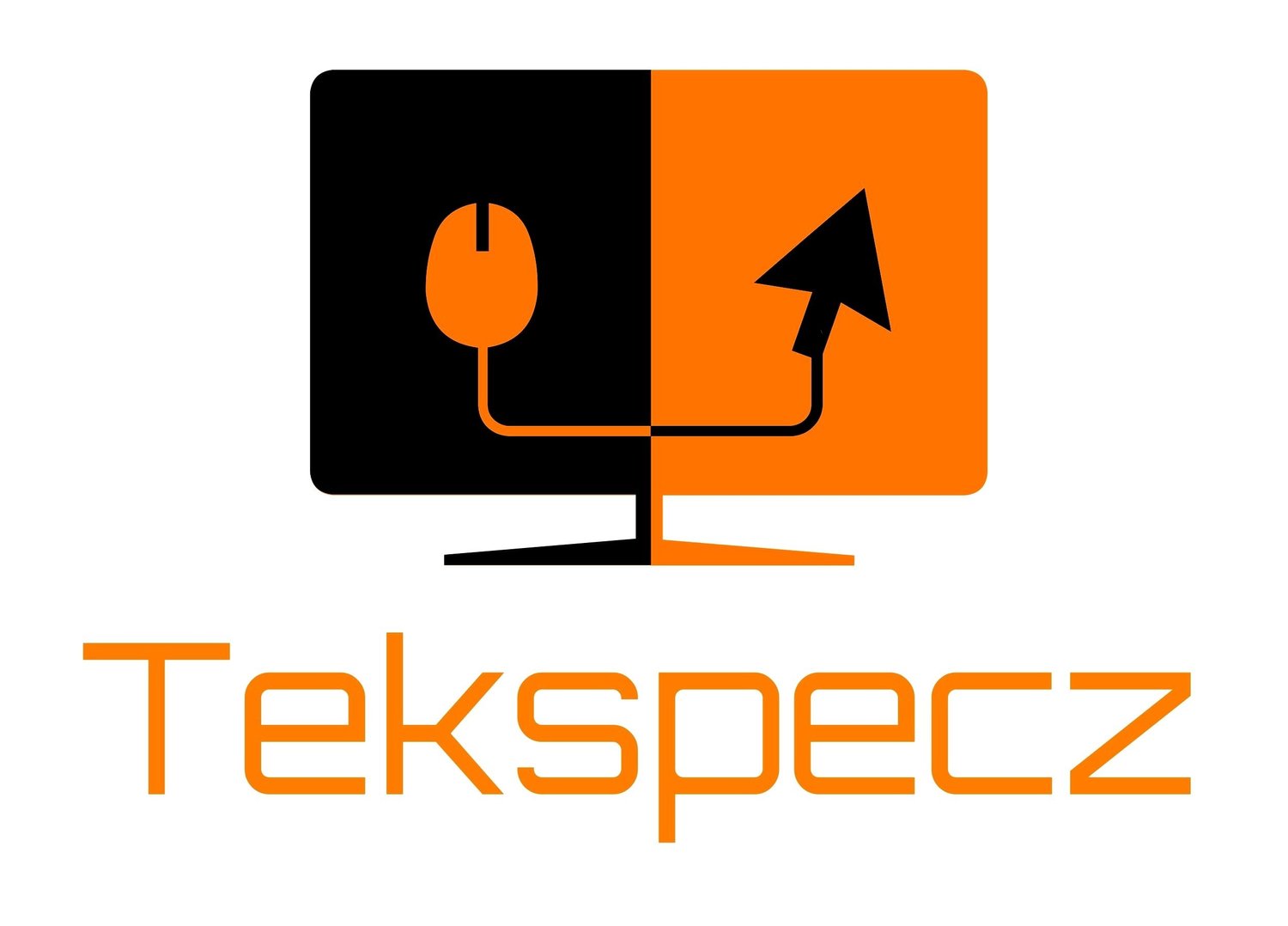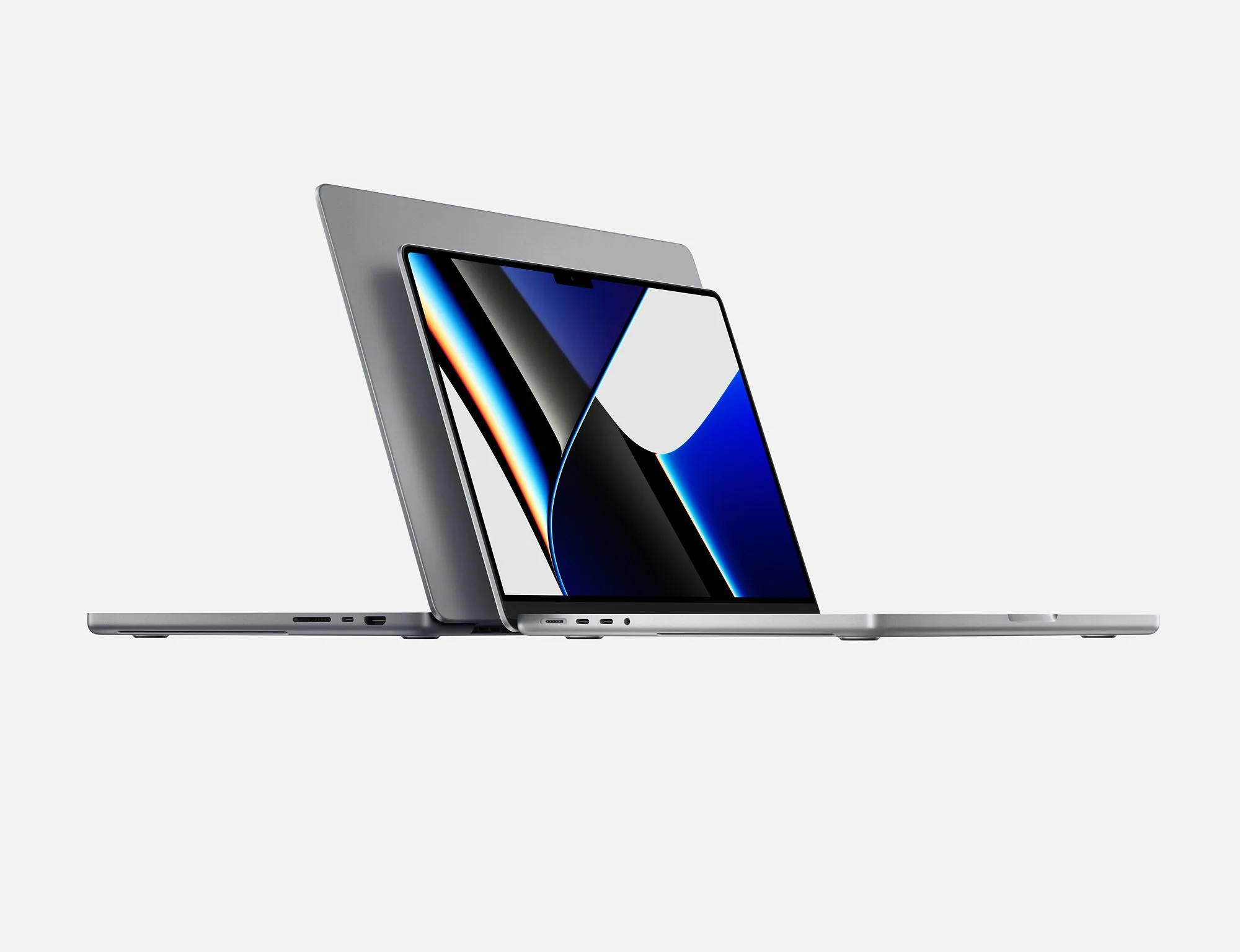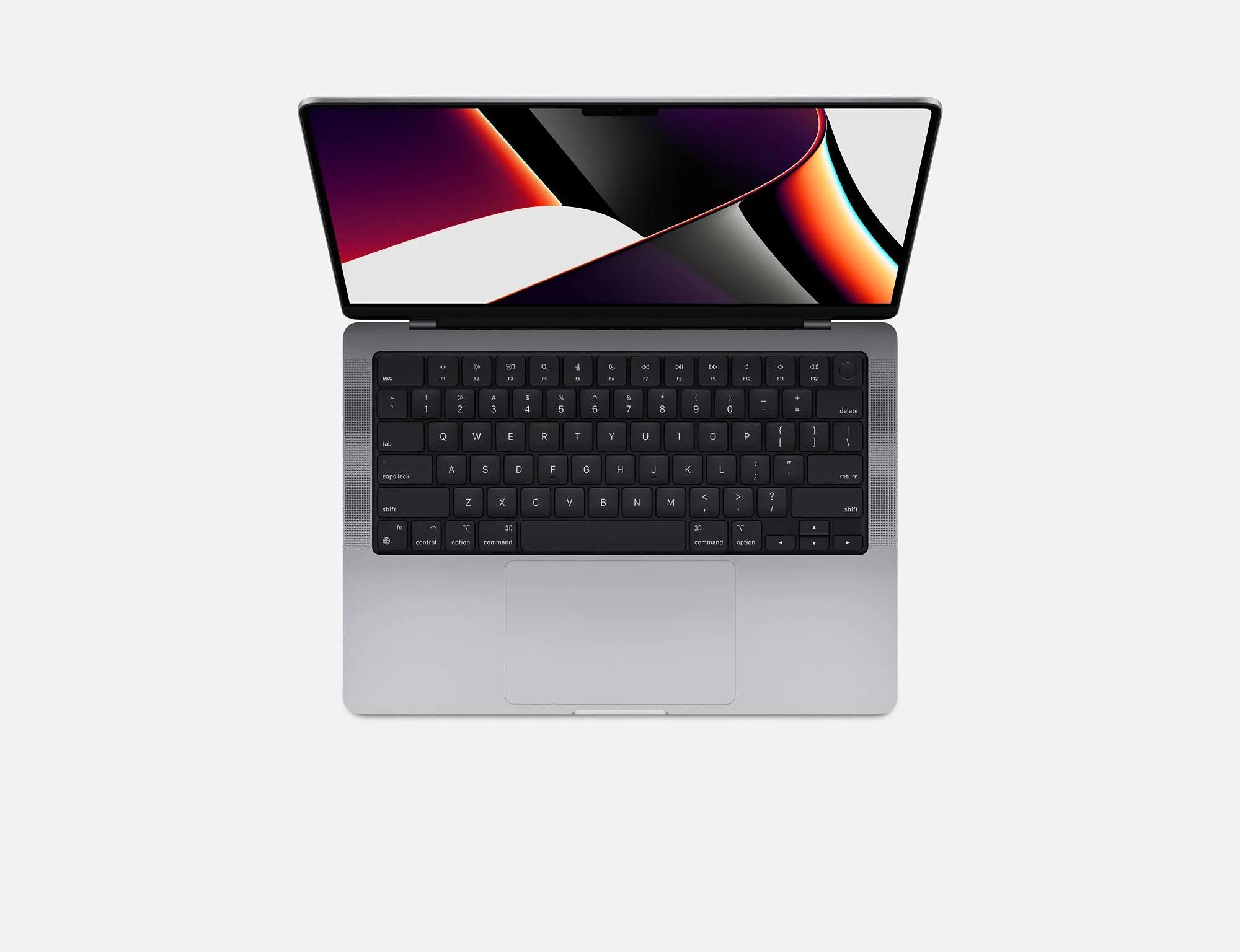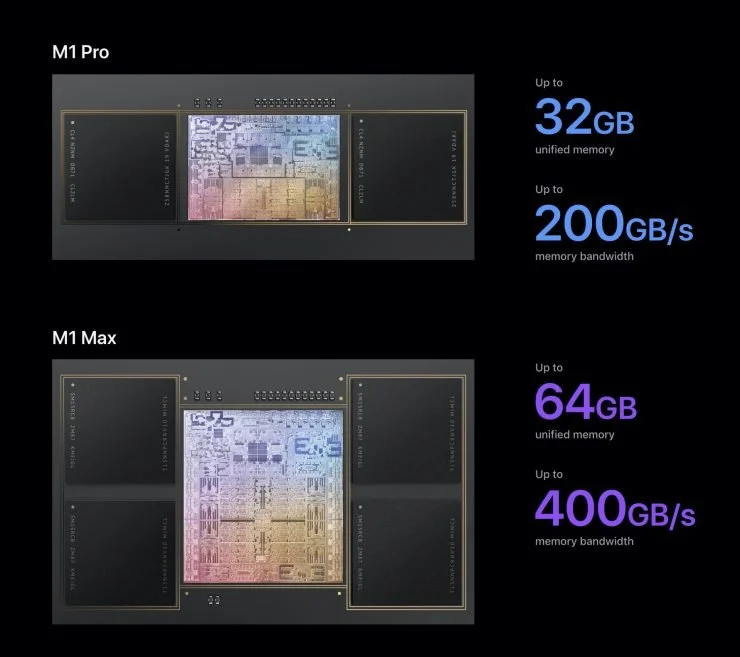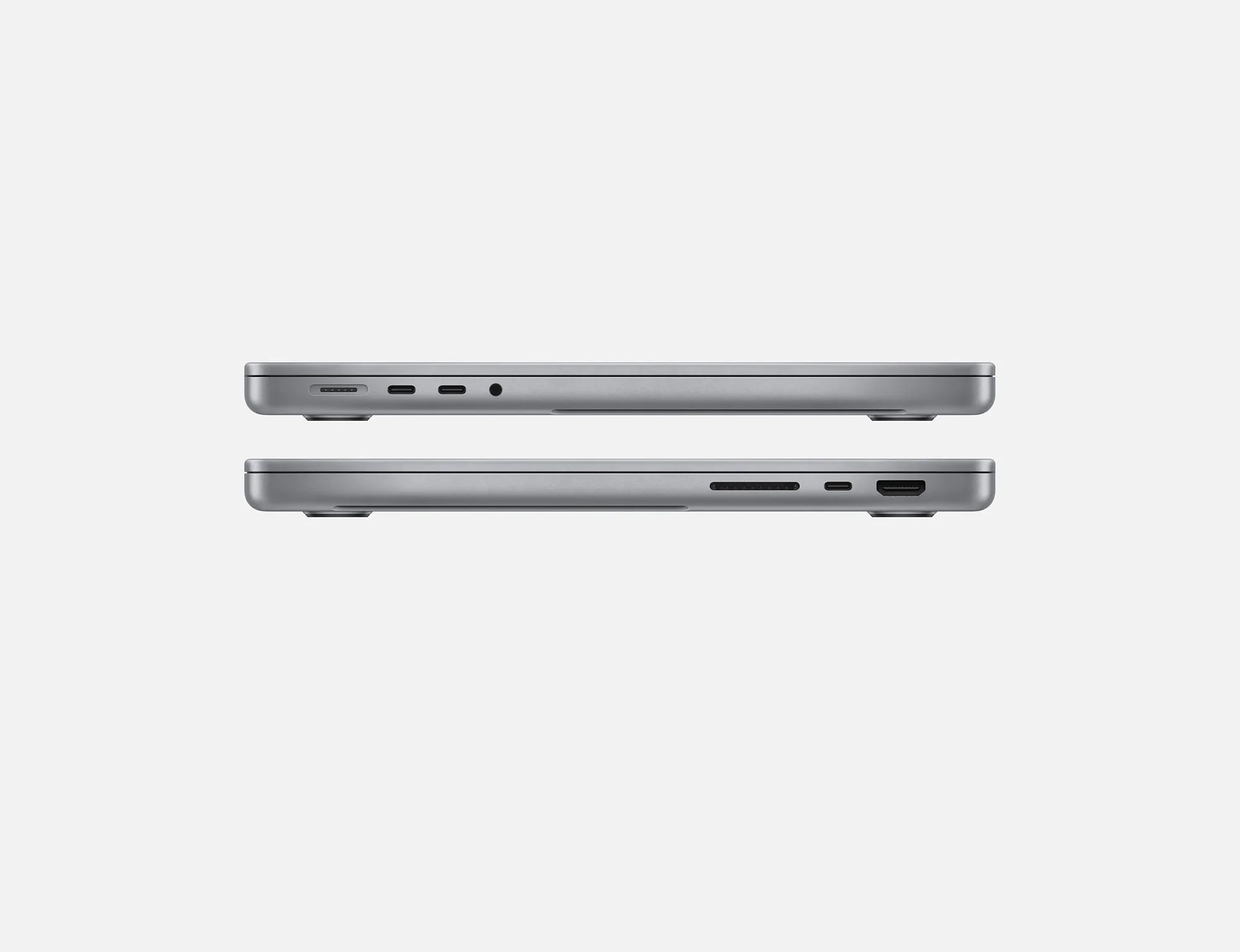Hardware Breakdown Presents: The New 14-inch MacBook Pro 2021
It's not often Apple products make the hardware Breakdown unless, of course, it has an intriguing feature or hardware. Lately, the new MacBook Pro has been the talk of the tech community posting impressive benchmark numbers. Apple computers aren't known for being gaming systems as their catered more to content creators and designers. But because of the MacBook Pro's impeccable hardware, it can handle some of the known visually stunning gaming titles.
In this new episode of hardware Breakdown, we'll examine core components of Apple's most powerful MacBook Pro product line to date.
The M1 Chip
The focal hardware that's the talk of the tech community is Apple's new M1 Pro chip. A powerful processor that's on par with any top-end processors produced by Intel and AMD. It has eight operating cores, with six performance cores and 2-efficiency cores. In regards to the graphic processor, there are 14-functioning cores. In addition, there is a 16-core Neural Engine, along with 200GB/s memory bandwidth.
The M1 Pro is configurable up to 10-core CPU and 14 core GPU, and M1 Pro has a 10-core CPU and 16-core GPU. You can also configure an M1 Max with a 10-core CPU and 24-core GPU or an M1 max 10-core CPU and 32-core GPU.
On The Memory Front
Current high-end laptops on the market have 16GB LPDDR5 of SDRAM memory, which you have with the MacBook Pro. As a configurable option, you can expand the memory capacity up to 34GB.
The Storage Drive
When it comes to storage, the new MacBook Pro to start has a 512GB NVMe SSD, configured up to 8TB, which of course, will increase the price.
The Battery Power
The MacBook Pro uses a 70-watt-hour lithium-polymer battery that provides up to 17 hours of video playback, up to 11 hours of wireless web. The charge is made possible via a 67W USB-C. Power adapter
